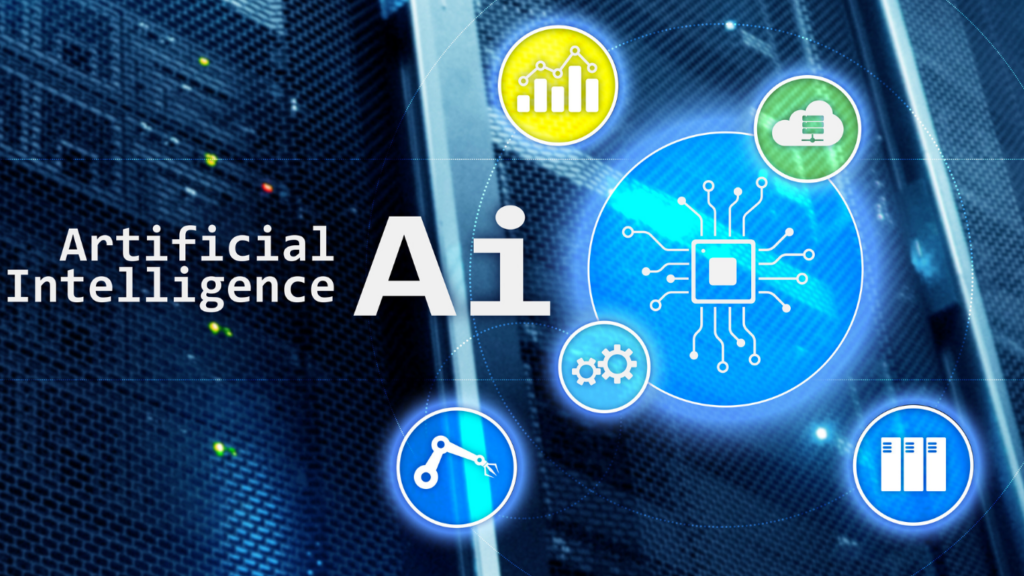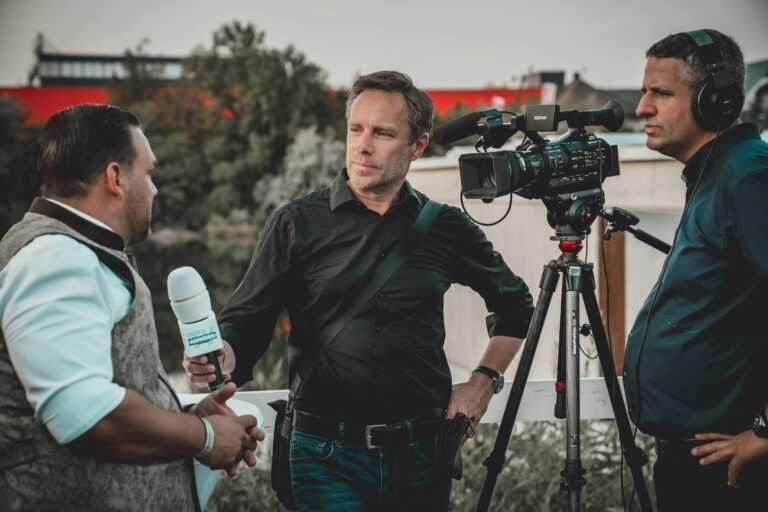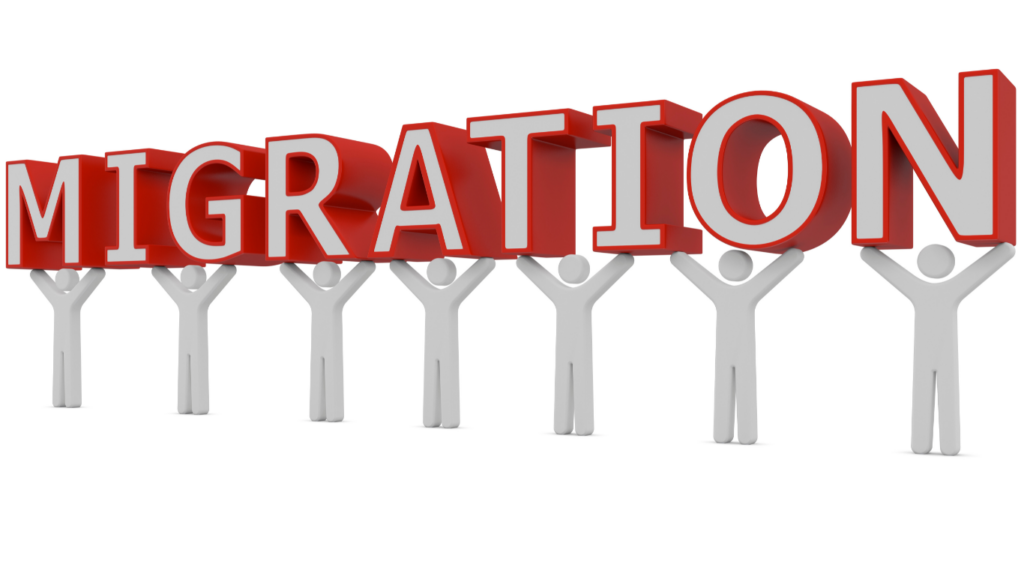Breaking Boundaries: An Overview
Major events today are redefining social, political, and technological landscapes. These changes influence not just individual nations but the interconnected global community. From climate innovations to technological revolutions, the pace of transformation is unprecedented.
Social change is accelerating due to movements advocating for equity and justice. Persistent calls for gender parity, worker rights, and racial equity are becoming integral to global conversations. For instance, large-scale protests and campaigns have initiated legislative reforms and raised awareness worldwide.
Technological advancements are revolutionizing industries and daily life. Artificial intelligence (AI), blockchain, and renewable energy solutions are fostering innovation across sectors. The rise of generative AI, for instance, has transformed areas like content creation and healthcare diagnosis.
Global commitments to address environmental challenges are reshaping policies and business strategies. Agreements like the Paris Climate Accord and investment in sustainable technologies show the growing emphasis on combating climate change.
These developments highlight the interconnected nature of modern events shaping shared futures, reflecting a mutual pursuit of progress.
Political Milestones Redefining Global Dynamics
Political developments are influencing power structures and shaping international relations. This dynamic landscape underscores the importance of understanding key political events driving changes worldwide.
Key Elections and Leadership Shifts
Recent elections have introduced leaders with transformative agendas. In India, parliamentary elections brought renewed focus on economic reforms and digital infrastructure. In Brazil, leadership transitioned toward environmental restoration following significant deforestation concerns. These shifts demonstrate how electoral outcomes influence global policy priorities.
Significant leadership transformations in Germany and Japan also reflect shifts in foreign policy emphases. Germany’s new government prioritizes renewable energy while Japan has increased defense collaborations with allies. Leadership changes highlight evolving global alliances and national strategies.
International Agreements and Diplomatic Breakthroughs
Recent international agreements address critical global challenges. The breakthrough Black Sea Grain Initiative between Ukraine and Russia eased food supply disruptions affecting vulnerable populations. Diplomatic negotiations in the Middle East have strengthened peace efforts with new economic cooperation pathways.
Commitments forged at the COP28 summit reflect prioritization of net-zero targets and cross-border funding for climate adaptation. Further, the Quad group of nations has escalated defense and technology partnerships, emphasizing collaboration over unilateralism. These milestones reveal the interconnected responses shaping current global dynamics.
Groundbreaking Technological Innovations
Technological breakthroughs are:
- transforming industries
- redefining human capabilities
- shaping our collective future
From artificial intelligence to space exploration, these innovations continue to push boundaries.
Advances in AI and Automation

- AI and automation are dramatically enhancing efficiency and innovation across sectors.
- AI technologies, including machine learning algorithms and language models like OpenAI’s GPT-4, now streamline decision-making, optimize operations, and drive breakthroughs in healthcare and finance.
- Automation solutions in manufacturing, such as robotic process automation and autonomous logistics systems, reduce production times and costs.
- In education, AI-powered tools personalize learning experiences, while industries like retail integrate predictive analytics to anticipate consumer behavior.
Space Exploration and Research Achievements
Space exploration is catalyzing remarkable scientific and technological progress. NASA’s Artemis missions are advancing lunar exploration, targeting sustainable moon habitats and paving a path to Mars. SpaceX’s Starship program demonstrates reusable rocket advancements, reducing the cost of space travel and expanding commercial opportunities in orbit.
Orbital research, undertaken by the International Space Station and private entities like Blue Origin, generates critical insights into materials science, biology, and sustainability applications. Satellite technologies improve global communication, monitor climate changes, and optimize agricultural practices.
The James Webb Space Telescope, launched in 2021, captures unprecedented imagery of distant galaxies, providing new knowledge about the universe’s origins. These achievements underline humanity’s evolving space capabilities aimed at broader scientific and human benefits.
Social Movements and Cultural Revolutions
Social movements and cultural shifts are driving profound transformations globally, acting as catalysts for justice, equality, and innovation. These dynamic changes reflect humanity’s evolving priorities and collective actions for progress.
Global Protests and Advocacy Campaigns
Mass protests and advocacy efforts are reshaping societal norms and policies worldwide. Climate justice movements, such as Fridays for Future, highlight global demands for sustainable practices to address the climate crisis.
Gender equality campaigns, inspired by movements like #MeToo, call for systemic change across industries and governments. Worker advocacy groups in nations like the US and India push for fair wages and safe working conditions in response to increasing economic disparities.
Additionally, anti-racism protests, such as those following the death of George Floyd, have amplified calls for police reform and systemic racial equity. These demonstrations reveal a growing demand for accountability from global institutions.
Shifts in Cultural Perspectives and Trends
Cultural shifts reflect changing societal values and collective decisions influencing modern trends. Increased awareness of mental health, driven by initiatives like World Mental Health Day, is encouraging governments to integrate mental wellness into public health policies.
Rising acceptance of LGBTQ+ rights has led to the legalization of same-sex marriage in countries like Switzerland and Chile.
Minimalist lifestyles and sustainability-focused consumption patterns, visible in the growing popularity of second-hand fashion and zero-waste initiatives, signal a move toward environmentally conscious behaviors.
Digital platforms like TikTok are also reshaping cultural expressions, offering spaces for diverse voices and trends. These evolving perspectives illustrate an ongoing redefinition of cultural norms on a global scale.























































































































































































































































































































































































































































































































































































































































































































































































































































































































































































































































































